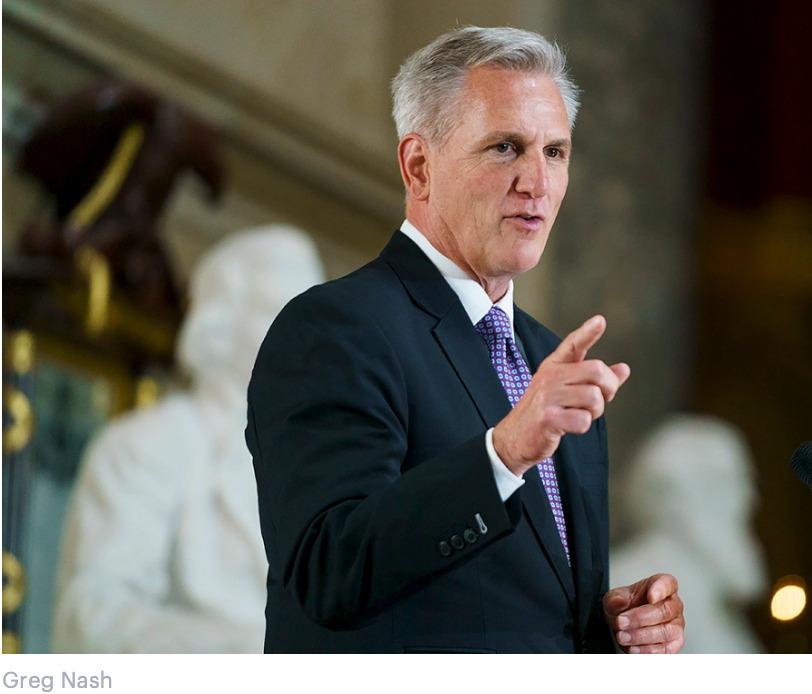Election Re-Cap, Lame Duck Initiatives, and 2025 Expectations
The 2024 elections marked a decisive shift in the American political landscape. Republicans achieved a sweeping victory, reclaiming the White House, securing a Senate majority, and maintaining their hold in the House of Representatives. This outcome has set the stage for significant legislative and governmental functional changes in 2025, as the GOP aims to advance its policy agenda while managing the complexities of governing with a unified government. Republican Election Sweep The 2024 election results reflected widespread dissatisfaction with the status quo, with voters signaling a demand for a clear change in direction. The Republican Party capitalized on economic uncertainties, public concerns about [...]












